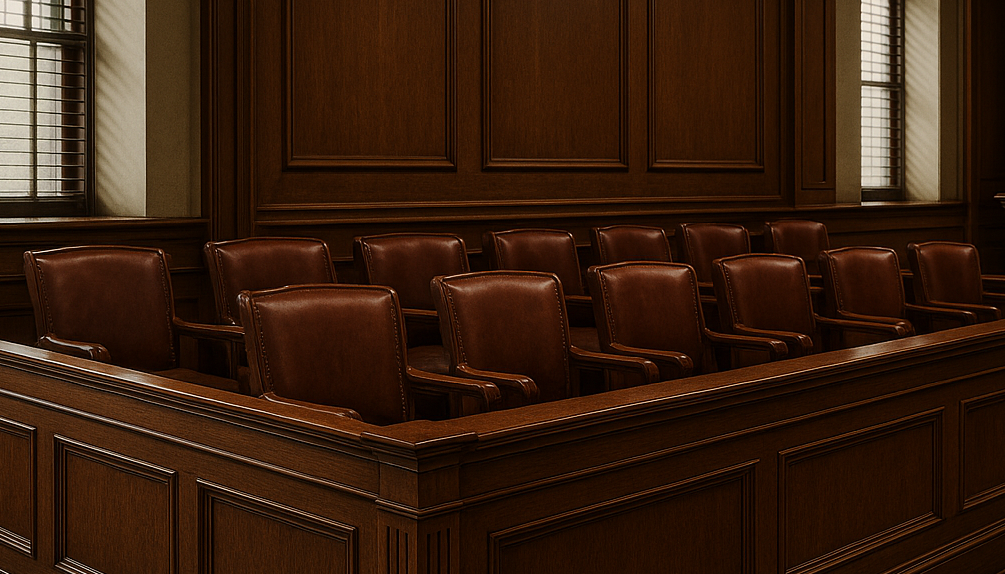Perfect and not-so-perfect justice
July 16, 2025
The recent conviction of Maxwell Anderson for the murder and dismemberment of Sade Robinson is causing me to do something quite rare: write a column praising our legal system. It almost hurts to write this!
To be sure, the jury verdict doesn’t comprise perfect justice. Perfect justice would entail Superman spinning the world backwards to reverse time so that Sade Robinson never met this man. Sadly, the resources of our legal system don’t have the ability to do that; no one can return Ms. Robinson to her life and family. As a family member of a homicide victim once told me, perfect justice is for the next world, before a far greater judge.
So, we move to the next level, which is not-so-perfect justice. In our legal system, that would constitute Anderson going to prison for the rest of his natural life so that he never harms another innocent person. My guess is that Judge Laura Crivello will impose this sentence (one wonders why she even needs a pre-sentence report). At that point, Anderson’s chances of ever being a free man again are limited to a pardon or commutation, escape or reversal on appeal. The chances of any of those happening is significantly lower than the chances of Jim Carrey getting a date in “Dumb and Dumber.”
Our system is imperfect because it’s comprised of human beings rather than superheroes like Superman. As a result, it is subject to all the frailties of human beings, including corruption (fortunately never an issue in Wisconsin), stupidity, laziness, incompetence and more.
Given those inherent shortcomings, it’s amazing how frequently our justice comes up with, if not perfect justice, very close to it. In a totally unscientific estimate based on my 48 years as a practicing lawyer during which I have tried hundreds of jury trials and court trials, I would estimate that a result close to justice occurs in at least 90% of cases. Some colleagues with whom I have asked for their estimate quibble with 90%, but all put the percentage at least 80%, and most even greater.
The reason is that while the frailties listed above are not zero (other than corruption), they are infrequent. Most juries try to do the right thing. Virtually all of our judges work hard, care deeply and are of least adequate intelligence (usually a lot more than just adequate). However, because the chances of something going wrong aren’t zero, good lawyers encourage their clients to compromise via a settlement and not risk falling into the small percentage of cases where justice goes awry.
Of course, there’s no compromise in a case like Maxwell – there’s no plea bargain. A trial was 100% necessary, and he got a fair one, with highly competent counsel. He was convicted by a dedicated and impartial jury for committing a despicable act.
So, the only sentence that makes sense, in a state which does not have the death penalty, is to lock him up and throw away the key.
It’s nice to have a legal system which, for all its faults, usually ends up at least close to the right place.

